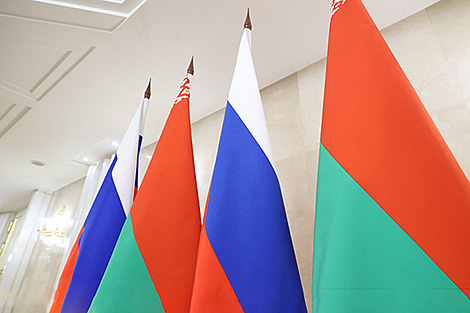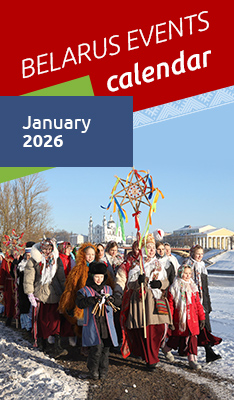Events
Belarus’, Russia’s security councils sign cooperation plan for next two years

An archive photo
MOSCOW, 5 November (BelTA) – A plan on cooperation between the State Secretariat of the Security Council of Belarus and the office of the Security Council of Russia for 2026-2027 was signed in Moscow on 5 November. The plan was signed as State Secretary of the Security Council of Belarus Aleksandr Volfovich met with Secretary of the Security Council of the Russian Federation Sergei Shoigu on the sidelines of an annual conference of the secretaries of security councils of the CIS states, BelTA has learned.
As he commented on the meeting of colleagues from the CIS states, Aleksandr Volfovich said: “This format is in demand and necessary. Our partners from the CIS show great interest in discussing topical, transformed challenges and threats.”
“We are constantly in touch. The matters that our leaders discuss require constant attention on our part,” Sergei Shoigu said about Belarus-Russia interaction.
According to the State Secretariat of the Security Council of Belarus, participants of the conference of the secretaries of security councils of the CIS states exchanged opinions about the most topical problems concerning international security and regional security. Challenges and threats in the space of the Commonwealth of Independent States were discussed as well as possible joint response measures, the development of humanitarian cooperation and cooperation in education between the CIS states.
The Belarusian side mentioned negative trends in the development of the military and political situation in the Eastern Europe region, including the exacerbation of the situation at western borders. Belarus’ initiatives to reduce international tensions and secure strategic stability were emphasized.
Aleksandr Volfovich drew attention to the initiatives the Belarusian president put forth during the 3rd Minsk International Conference on Eurasian Security, in particular, the prohibition of sanctions against food and medications, the protection of international critical infrastructure, further promotion of the Eurasian Charter of Multipolarity and Diversity in the 21st Century.







 print version
print version make home page
make home page add to bookmarks
add to bookmarks

